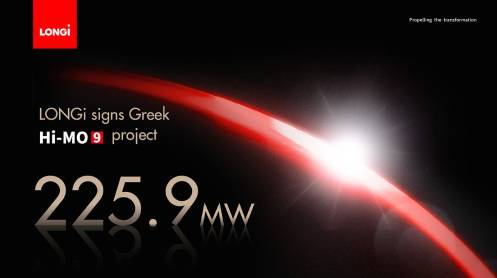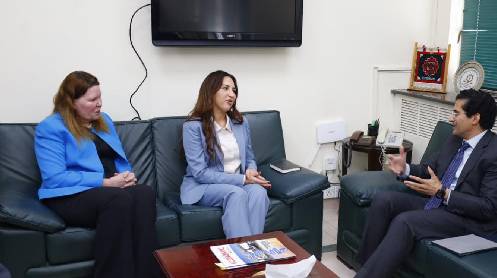Venezuela’s vice president and the head of state oil company PDVSA arrived in Russia last week on a trip aimed at deepening “strategic alliances,” Venezuela’s information ministry said, Reuters reported. Vice President Delcy Rodríguez and PDVSA chief executive Asdrúbal Chávez, as well as Science Minister Gabriela Jiménez, flew to Moscow to discuss possible new oil joint ventures with Russian energy officials and investors, Argus Media reported. Among the potential partnerships are the transfer of existing upstream and downstream assets to Russian firms as well as new projects, according to Venezuela’s oil ministry. The government of Nicolás Maduro has offered PDVSA assets, including its barely functioning refineries and mature acreage around Lake Maracaibo, to Russian companies, including state oil firm Rosneft, several times since 2017. However, no deals have been made, Venezuelan officials said, Argus Media reported. Rosneft withdrew from Venezuela following a tough round of sanctions on PDVSA by the administration of U.S. President Donald Trump in 2018. Additionally, the United States blacklisted two of Rosneft’s subsidiaries earlier this year. Maduro is seeking to sign new oil deals confidentially following the instatement of a new law in the Andean nation, Reuters reported. The law, which was approved last month by the Maduro-allied Constituent Assembly, grants the president unlimited discretionary power to sign loan, joint venture, and investment agreements with any individual, company, or state authority, Argus Media reported.
U.S. Allows Chevron to Operate in Venezuela Until June
The U.S. Treasury on Tuesday reissued a license allowing Chevron to temporarily continue operations in Venezuela. The company is the last major U.S. oil company whose business in the Andean country remains. The license gives Chevron until June 3 to wind down its joint ventures in Venezuela. The license also applies to other firms including Halliburton and Schlumberger. Chevron has had a special U.S. operating license exempting it from sanctions on Venezuelan state oil company PDVSA since January, but the latest waiver was set to expire on Dec. 1. Even with the license, the companies’ operations in Venezuela are limited, as they are not authorized to drill, sell, ship, or trade Venezuelan oil. They also cannot repair or improve wells, hire additional staff or services, pay dividends to PDVSA or negotiate any new loans, Reuters reported.
Venezuela Opposition to Appeal Decision Validating PDVSA’s 2020 Bonds
Venezuela’s opposition, led by National Assembly President Juan Guaidó, said last week that it plans to appeal a U.S. court decision that ruled state oil company PDVSA’s 2020 bonds are valid, Reuters reported. The bonds are backed by U.S.-based refiner Citgo, which the opposition controls and which is considered to be Venezuela’s most valuable foreign asset.
U.S. Senate Confirms Story as Ambassador to Venezuela
The U.S. Senate on Wednesday confirmed the nomination of James Story as ambassador to Venezuela, despite the United States having no diplomats at its Caracas embassy, the Associated Press reported. Story, who is the United States’ first ambassador to Venezuela in a decade following a breakdown of U.S.-Venezuela relations that began under late President Hugo Chávez, will work from Bogotá.





